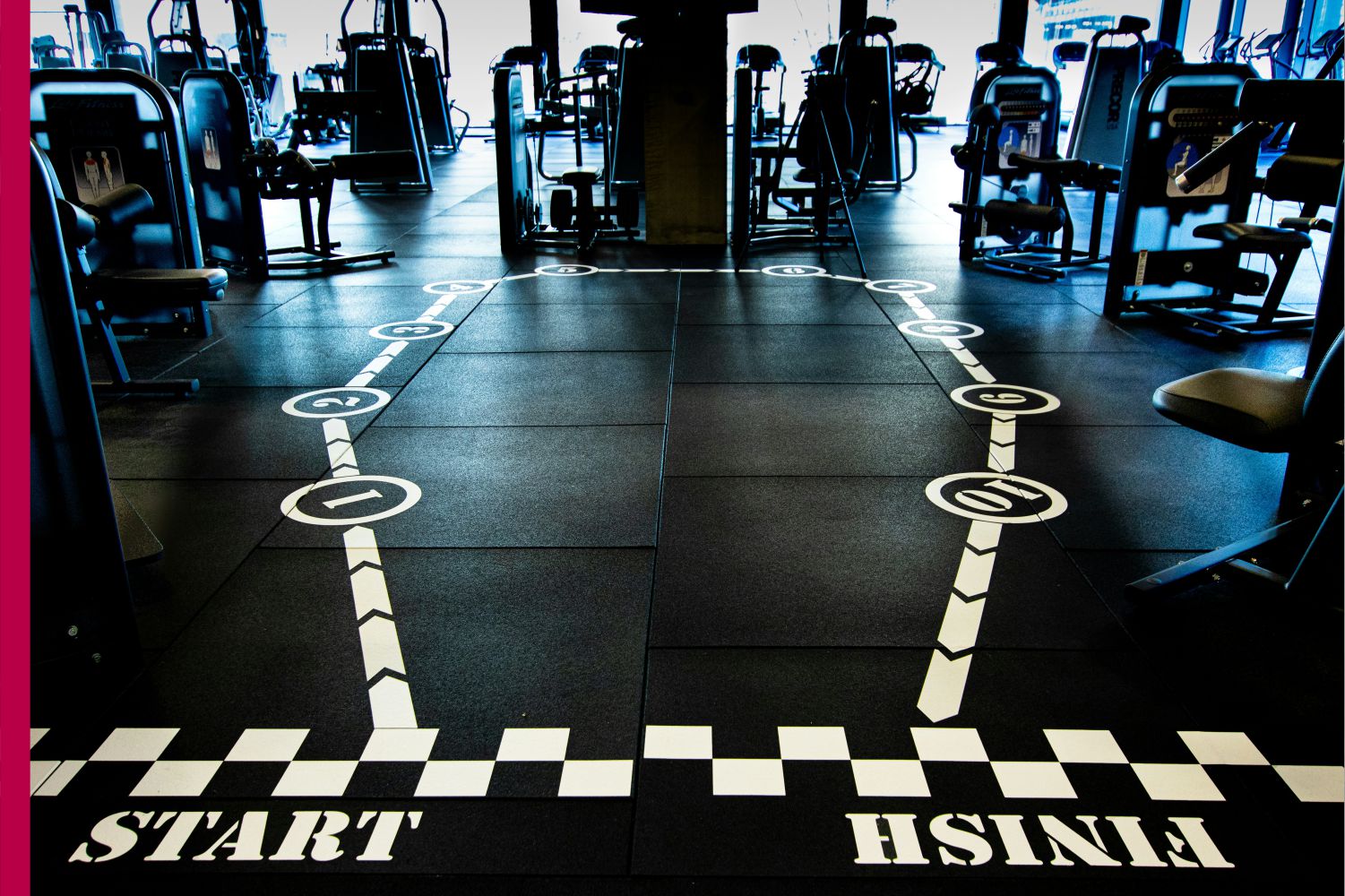In a world where attention is the most valuable currency, event management and advertising stand as two of the most powerful tools for connecting businesses with audiences. Both industries thrive on creativity, strategy, and execution—transforming ideas into experiences and concepts into lasting impressions. Together, they not only help brands tell their stories but also create opportunities for people to connect, engage, and remember.
While advertising spreads a message through various media, event management brings it to life in the real world. Whether it’s a high-profile product launch, a cultural festival, a corporate conference, or a digital marketing campaign, the combined impact of events and advertising shapes how we perceive brands and influences the choices we make every day.
The Essence of Event Management
Event management is more than just organizing gatherings. It is the art and science of creating meaningful experiences. From planning logistics to curating themes, event managers ensure every detail—from venue selection to stage design—aligns with the objectives of the host.
Types of events commonly managed include:
- Corporate Events: Seminars, conferences, product launches, and award ceremonies.
- Social Events: Weddings, anniversaries, and milestone celebrations.
- Cultural & Entertainment Events: Music festivals, exhibitions, sporting events, and fashion shows.
- Virtual & Hybrid Events: Online conferences, webinars, and live-streamed shows that combine digital and physical experiences.
Event management demands creativity, organizational skills, crisis management, and an ability to deliver under pressure. The ultimate goal is to leave attendees with a memorable experience that strengthens their relationship with the brand or host.
Advertising: Spreading the Message
If event management creates experiences, advertising ensures they reach the right audience. At its core, advertising is the strategic communication of a message designed to influence behavior. It combines psychology, design, storytelling, and technology to grab attention and persuade.
Key forms of advertising include:
- Traditional Advertising: Print, television, radio, and outdoor billboards.
- Digital Advertising: Social media ads, search engine marketing, and influencer partnerships.
- Experiential Advertising: Interactive campaigns that allow customers to engage directly with the brand.
- Content Marketing: Story-driven advertising through blogs, videos, and branded content.
In today’s hyper-connected world, advertising isn’t just about selling—it’s about building relationships and aligning with the values of the target audience.
The Interconnection Between Events and Advertising
Event management and advertising may seem like separate industries, but they are deeply intertwined. Advertising promotes events, while events provide content and experiences that feed into advertising campaigns. For example:
- A product launch event generates social media buzz and creates visuals used in future advertising campaigns.
- A music festival relies heavily on advertising for ticket sales, while the event itself strengthens the brand image of its sponsors.
- A corporate seminar is promoted through digital ads and later used as marketing material to attract more clients.

Economic and Social Impact
Event management and advertising are not just creative industries; they are powerful economic engines. Globally, these sectors generate billions in revenue, create jobs, and stimulate local economies.
- Event Tourism: Large-scale events like the Olympics, music festivals, and expos attract international visitors, boosting tourism and hospitality.
- Advertising Spend: Companies worldwide invest heavily in advertising, making it a central driver of economic activity across media platforms.
- Employment Opportunities: From event planners and marketers to designers, technicians, and media strategists, these industries employ millions.
On a social level, events and advertising also foster cultural exchange, raise awareness of causes, and even influence public opinion and societal norms.
The Role of Technology
In Event Management:
- Event Apps: Allow participants to access schedules, network, and provide feedback.
- Virtual & Hybrid Events: Platforms like Zoom and Hopin expanded reach during the pandemic.
- AR & VR Experiences: Immersive technologies enhance engagement at trade shows and exhibitions.
- Data Analytics: Helps organizers track attendance, satisfaction, and return on investment (ROI).
In Advertising:
- Programmatic Advertising: Automated buying of ads ensures precise targeting.
- Social Media Platforms: Enable interactive campaigns and real-time audience engagement.
- AI-Powered Personalization: Tailors ads to individual preferences.
- Analytics Tools: Track conversions, impressions, and customer journeys.
Challenges in the Industry
- Rising Costs: Large events and advertising campaigns demand significant budgets.
- Market Saturation: With countless brands vying for attention, standing out is increasingly difficult.
- Shortened Attention Spans: Modern audiences demand quick, engaging, and impactful content.
- Global Disruptions: Events like the COVID-19 pandemic showed the vulnerability of live events.
- Ethical Concerns: Misleading advertising, data privacy issues, or greenwashing can damage credibility.
- Sustainability: Events and advertising must now align with eco-friendly practices to appeal to conscious consumers.
The Future of Event Management & Advertising
- Hybrid Experiences: Even post-pandemic, events will combine physical and digital components for greater reach.
- Personalized Campaigns: Data-driven insights will make advertising more relevant and tailored.
- Sustainability: Eco-friendly practices, paperless events, and ethical advertising will become standard.
- Immersive Engagement: Virtual reality concerts, 3D billboards, and gamified campaigns will redefine participation.
- Influencer Collaboration: Partnerships with content creators will remain a powerful advertising strategy.
- Community-Centered Events: Brands will focus on building genuine connections rather than one-off spectacles.
The Human Connection
Despite all the technology and strategy, the true essence of both event management and advertising lies in the human connection. People attend events for shared experiences—whether it’s networking at a business summit or singing along at a concert. Similarly, advertising resonates most when it appeals to emotions, values, and aspirations.
Creativity, empathy, and storytelling remain the most valuable tools. A campaign may be data-driven, but if it lacks emotional depth, it will fall flat. An event may be technically flawless, but if it fails to engage hearts, it won’t be remembered.
Conclusion
Event management and advertising are twin engines of modern communication—one creates experiences, the other amplifies them. Together, they shape how brands are perceived, how messages spread, and how audiences connect.
They are industries where creativity meets strategy, and execution meets emotion. While challenges like market saturation, rising costs, and sustainability demand constant adaptation, the potential for innovation and impact remains limitless.
Ultimately, whether it’s an event that brings thousands together or an ad that inspires millions online, these industries remind us of one universal truth: people don’t just remember what they see or hear—they remember how it made them feel.
And in that feeling lies the true power of event management and advertising.












